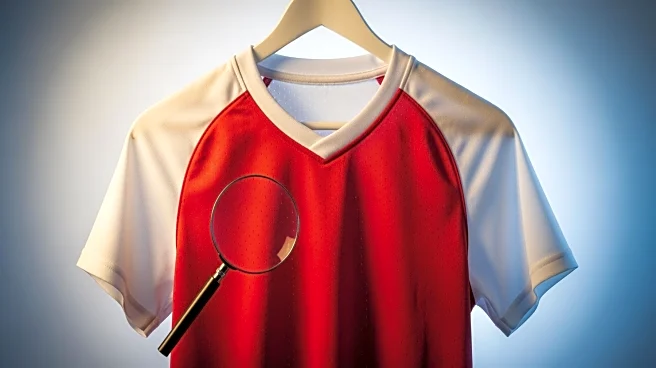What's Happening?
The International Olympic Committee (IOC) is reportedly planning to implement a ban on transgender women competing in female categories at the Olympics. This decision follows a comprehensive scientific
review conducted by the IOC, which examined the physical advantages of biologically-born males. The findings were presented by Dr. Jane Thornton, the IOC's medical and scientific director, during a closed-door meeting. The new policy is expected to be officially announced early next year. Currently, transgender women can compete in female categories if they maintain reduced testosterone levels, but the new rule will apply universally across all sports.
Why It's Important?
This policy change by the IOC is significant as it addresses ongoing debates about fairness and inclusivity in sports. By banning transgender women from female categories, the IOC aims to protect the integrity of female competitions, ensuring a level playing field. This decision could impact the participation of transgender athletes in international sports, potentially leading to broader discussions on gender identity and sports regulations. Stakeholders, including athletes, sports federations, and advocacy groups, may have varied reactions, influencing future policies and the inclusivity of sports.
What's Next?
The IOC's decision is likely to spark discussions among international sports federations and advocacy groups. As the policy is set to be announced next year, stakeholders will need to consider its implications and possibly adapt their own regulations. The IOC has emphasized the importance of a scientific approach and collaboration with international federations, suggesting ongoing dialogue and potential adjustments to ensure fairness and inclusivity in sports.
Beyond the Headlines
The decision raises ethical and cultural questions about gender identity and the definition of fairness in sports. It may lead to increased advocacy for transgender rights and discussions on how sports can accommodate diverse identities while maintaining competitive integrity. Long-term, this could influence societal perceptions of gender and inclusivity beyond the realm of sports.











